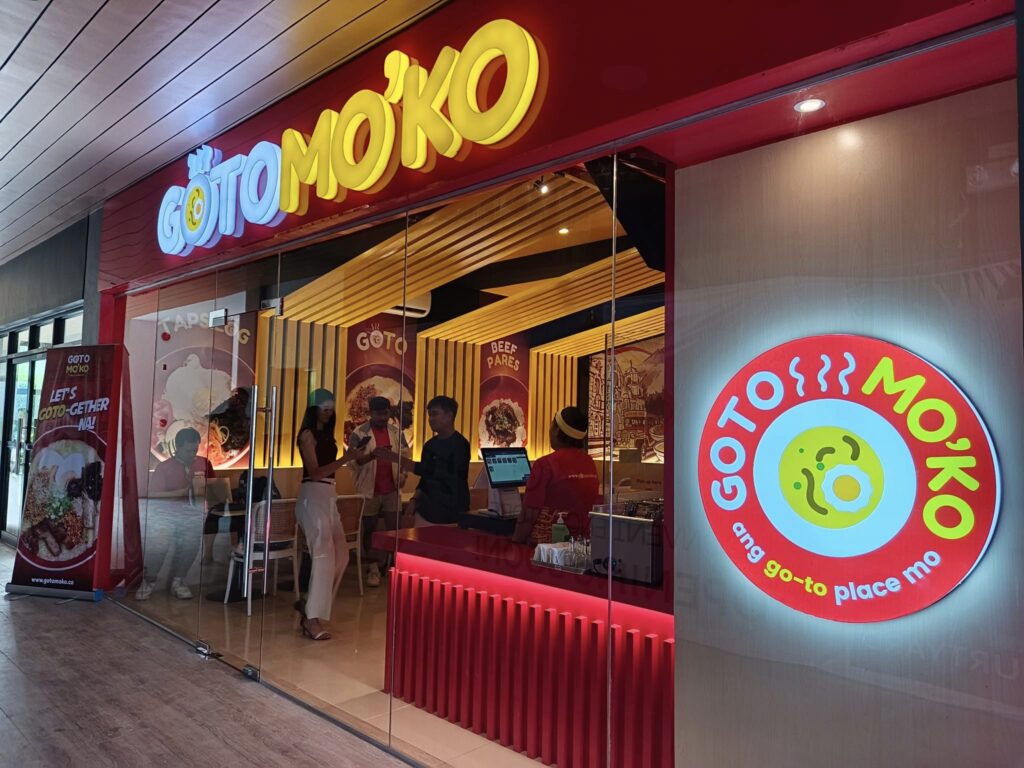Franchise Invested Company Operated (FI-CO Franchise Model)


Purchasing a franchise will allow you to offer products and services with immediately recognizable brands and provide you with success-oriented training and support. However, like any other investment, buying a franchise has no assurances of success.
We prepared this guide to help you decide if a franchise is right for you. It also suggests ways to evaluate for a franchise opportunity and highlights key questions you need to ask before you invest.
Read: Is franchising right for you?
Types of Franchising – Two Primary Franchise Business Models
Today, two primary franchise business models exist: The Product Distribution Franchise Model and The Business Format Franchise Model.
Product Distribution Franchise: The product is made by the franchisor and sold by the franchisee. With a few exceptions, this connection is comparable to the supplier-dealer relationship. One significant distinction is that in a franchise arrangement, the franchisee has the option of semi-exclusive or exclusive product distribution. On the other hand, a dealer-supplier partnership can enable the dealer to sell multiple brands at the same time.
Business Format Franchise: The most popular type of franchise and is similar to the product distribution model, the franchise is permitted to utilize the franchisor’s trade name and brand in this arrangement, but they also have access to it. The majority of franchises that instantly spring to mind are business style franchises, such as Wendy’s, Dunkin Donuts, and Jollibee and McDonald’s.
Franchise Model
What is FICO Model (Franchise Invested Company Operated) – This franchise model is similar to the FOCO model. But in the FICO model, Brands raise money from Investors with the commitment of opening franchises. Basically, the investor (franchise) only invests in the business. The franchise investor does not involve themselves in business operations at all. The Company runs the business operations with end-to-end control of the supply chain. It’s more like an angel investment.
Key highlights
- Under this model, the investor (franchise) does not participate in day-to-day business operations; instead, they invest in the business.
- The company runs its business operations with end-to-end supply chain control.
Advantages of the FICO model
- This model is perfect for individuals with the capital to invest but no time tor expertise to run the operations.
- It permits multiple franchisee investors to come together and invest in an outlet as a full-pledged business enterprise.
To Summarize
To establish a profitable franchise business, a franchisee must decide a model that best fits their specific goals. Every franchise model has a unique function.
Read: Franchise Model




Interested to franchise Goto Mo Ko? Submit a Letter of Application today!
admin
Reserve
Become Our Partner, Today!
Goto Mo’ Ko is an exciting Filipino food concept where our franchisees and the franchisor works together in creating a business model that provides a fun-vibe experience for our customers, and an enjoyable environment for all our stakeholders including our supplier partners.
